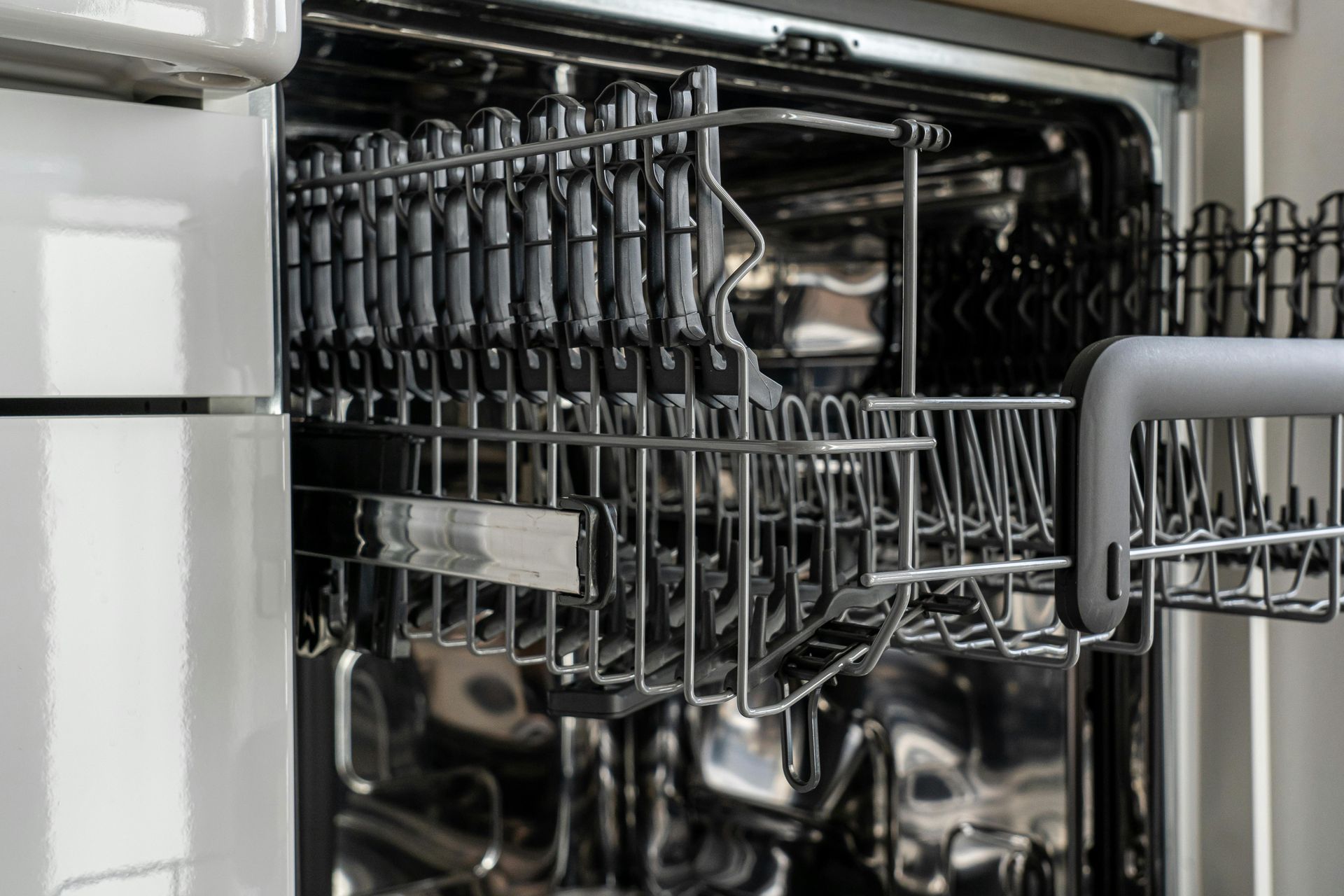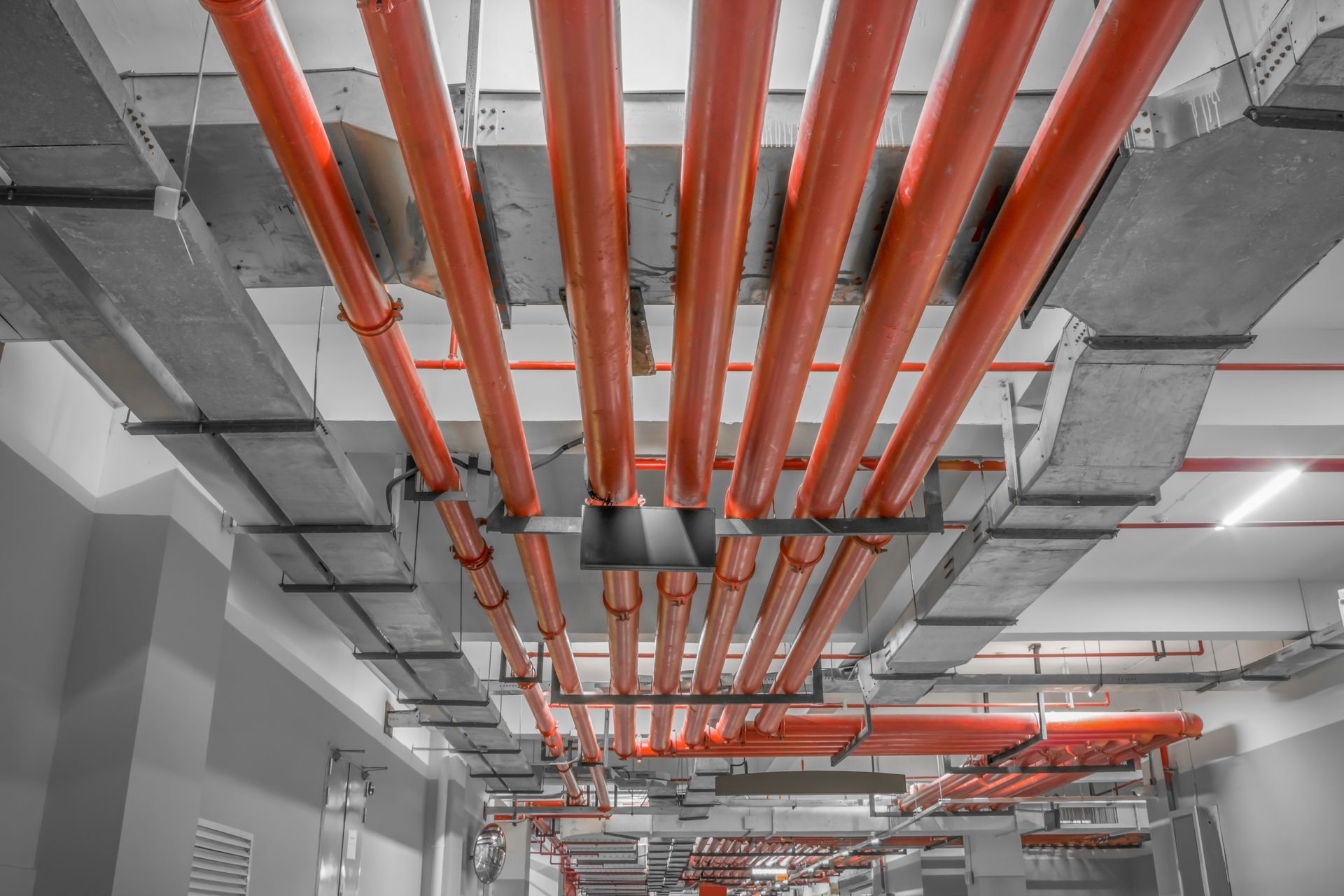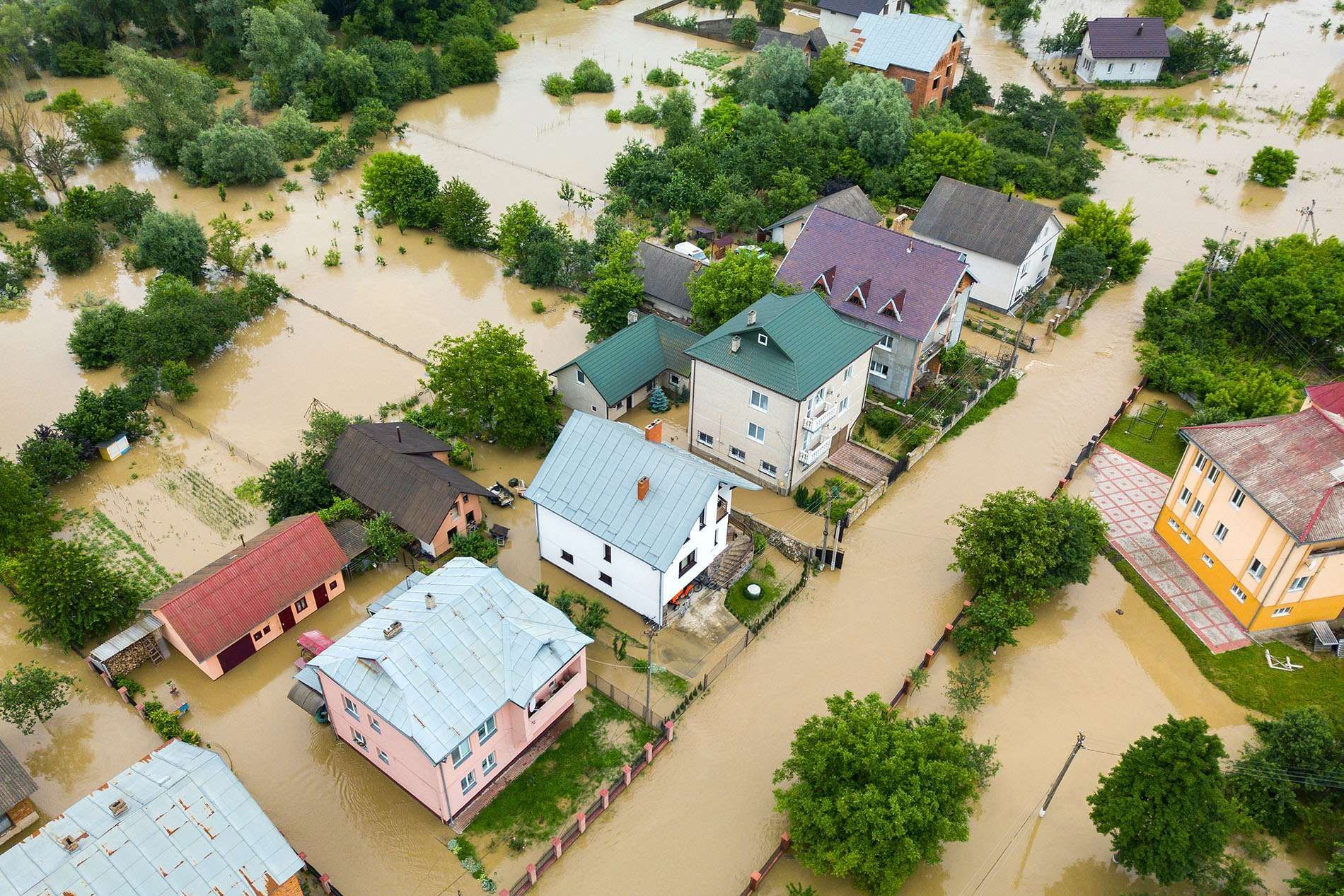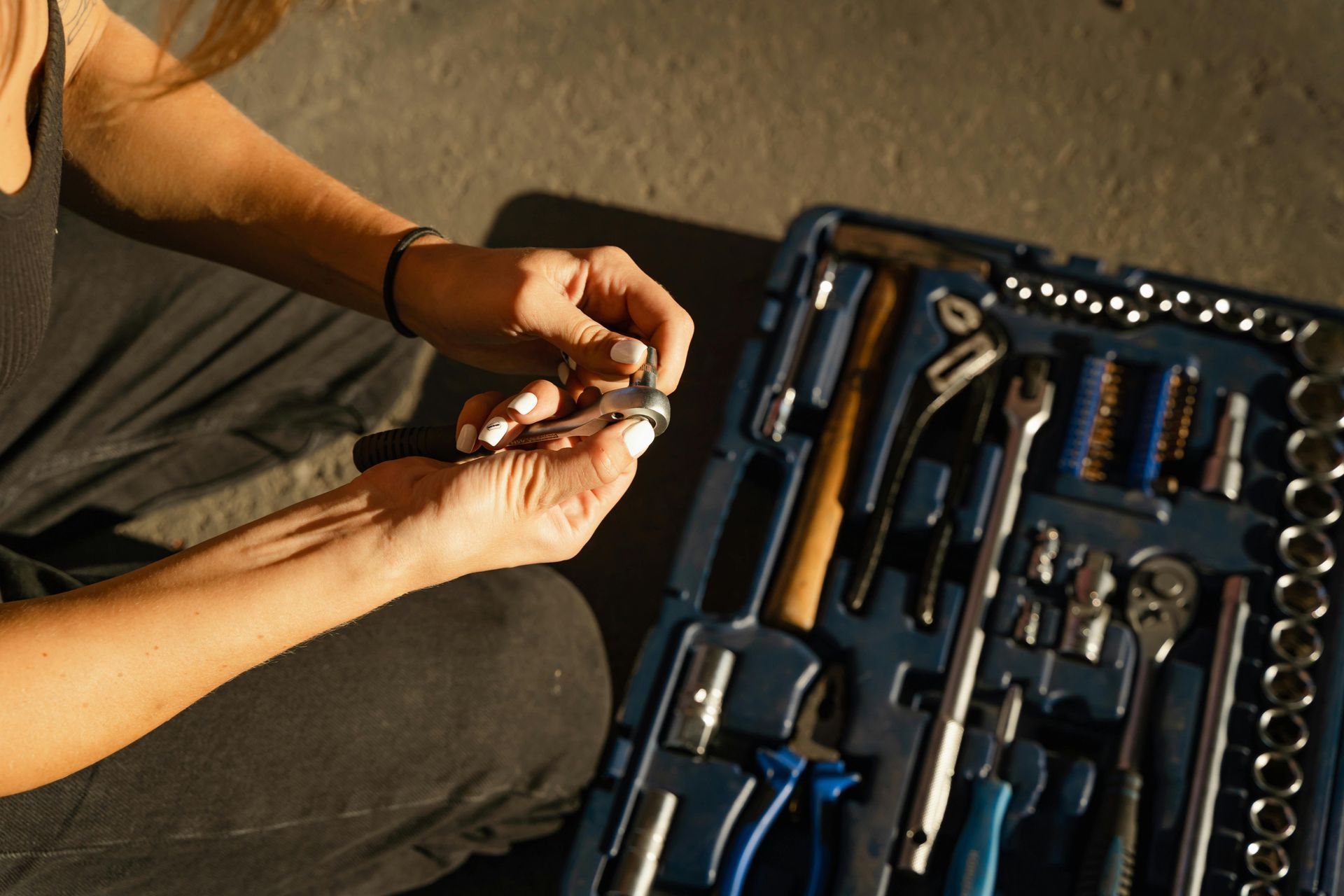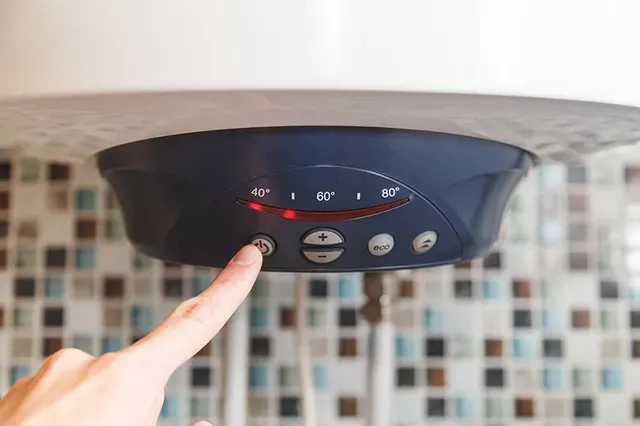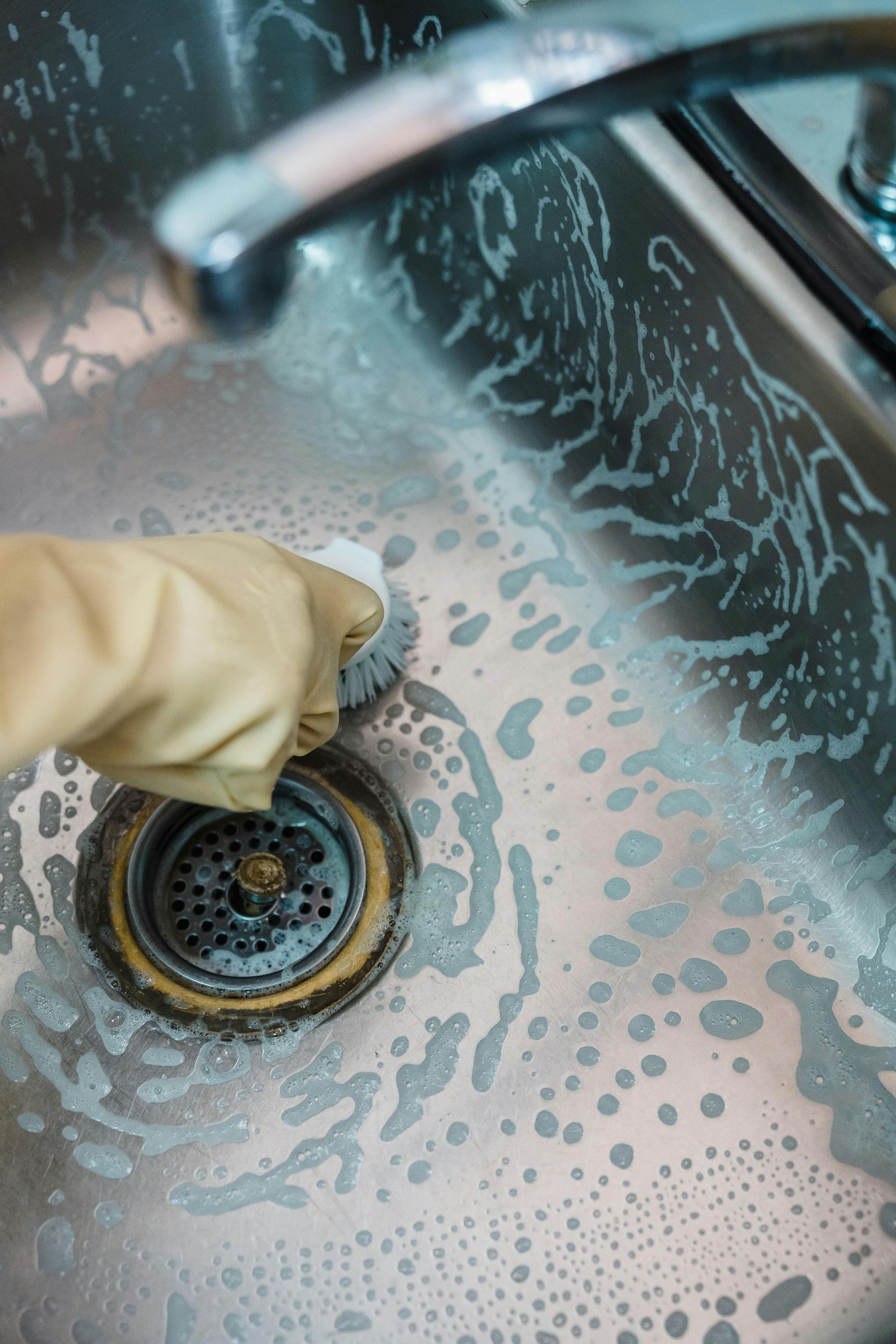What Foods Should Never Go Down a Garbage Disposal? A Comprehensive Guide
Garbage disposals are essential kitchen appliances, but they have limits. Misusing them by disposing of the wrong items can cause clogs, jams, or even permanent damage to your plumbing. Knowing what foods to avoid ensures your garbage disposal remains in top working condition for years to come. This guide provides an in-depth look at foods that should never go down your garbage disposal and tips for better maintenance.
"Common Mistakes That Damage Your Garbage Disposal"
Understanding Garbage Disposal Mechanics
Before identifying foods to avoid, it’s important to understand how garbage disposals work. These devices grind food scraps into tiny particles that can easily flow through your plumbing. However, not all food waste breaks down easily, and some can interfere with the disposal’s blades, motor, or drainage system. Items that seem harmless may cause major problems if they accumulate or resist grinding.
Grease, Oil, and Fat
Pouring grease, oil, or fat down your garbage disposal might seem harmless when they’re hot and liquid, but as they cool, they solidify. This creates a sticky buildup inside your pipes, leading to blockages over time. Even small amounts can mix with other debris, forming stubborn clogs. The best way to dispose of grease is to let it cool and harden before scraping it into the trash. For oils, use a disposable container to collect and discard them properly.
Fibrous Vegetables
Fibrous vegetables like celery, asparagus, and corn husks pose a unique challenge for garbage disposals. Their stringy texture can wrap around the blades, jamming the grinding mechanism and overworking the motor. While these vegetables are healthy for humans, they are not friendly to disposals. Composting these items is the safest alternative. If composting isn’t an option, disposing of them in the trash is your next best choice.
Coffee Grounds
While coffee grounds might seem fine due to their small size, they can create serious issues when compacted. Once inside the disposal and pipes, coffee grounds form a dense, sludgy paste that sticks to surfaces, narrowing the plumbing over time. This buildup can lead to clogs that are difficult to remove. Instead of tossing coffee grounds into your disposal, add them to a compost pile or use them as a natural fertilizer in your garden.
Eggshells
Eggshells are deceptively harmful to garbage disposals. Although they seem brittle and easy to grind, their inner membranes can wrap around the blades, while the shell fragments may accumulate in the pipes. This combination makes eggshells particularly tricky for disposal systems. To handle eggshell waste responsibly, compost them or crush them finely to use as an eco-friendly garden additive.
Potato Peels
Potato peels may appear harmless, but their high starch content makes them problematic for garbage disposals. When ground, they turn into a sticky paste that clings to the disposal’s components and coats the inside of the pipes. This paste-like residue hardens as it dries, creating clogs. To dispose of potato peels, compost them or throw them in the trash.
Pasta, Rice, and Bread
Foods like pasta, rice, and bread expand when exposed to water, even after cooking. When these items are flushed down a garbage disposal, they can swell inside the pipes, causing blockages. Additionally, their starchy nature makes them sticky, further exacerbating clogs. It’s better to discard these items in the trash or compost them in moderation, avoiding any interaction with your plumbing system.
Bones
Bones are far too hard for garbage disposals to handle. Even small chicken or fish bones can damage the blades or overwork the motor. Disposals are designed for soft food scraps, and grinding hard materials like bones puts unnecessary strain on the system. Instead of risking damage, throw bones in the trash or save them for making broth before discarding them responsibly.
Fruit Pits and Seeds
Avocado pits, peach stones, and other hard fruit seeds are another no-go for garbage disposals. These items are incredibly tough and can break or dull the blades. Even smaller seeds like those from apples or citrus fruits can collect in pipes, creating blockages over time. Properly dispose of pits and seeds by throwing them into your trash or compost pile.
Seafood Shells
Shrimp shells, crab shells, and other seafood remnants are not suitable for garbage disposals. Their tough, sharp edges can jam the grinding mechanism and even scratch the inner surfaces of your plumbing. Additionally, seafood shells tend to emit unpleasant odors when left to accumulate in the disposal. Toss them in the trash or compost if possible.
Onion Skins
Onion skins are particularly tricky because their thin, papery layers often slip through the grinding mechanism without being properly processed. These layers can easily clog your pipes or wrap around the disposal’s blades, leading to jams. Composting onion skins is the most eco-friendly option, but they can also be discarded in the trash.
Non-Food Items
It should go without saying, but non-food items like plastic, metal, or paper should never enter a garbage disposal. These materials can cause severe damage to the blades, motor, and pipes. Always recycle or trash non-food items appropriately to avoid unnecessary wear and tear on your disposal.
Tips for Maintaining Your Garbage Disposal
Taking proper care of your garbage disposal can prevent costly repairs and extend its lifespan. Always run cold water while operating the disposal, as this helps solidify grease and keeps the blades working effectively. Clean your disposal regularly by grinding ice cubes or using a mixture of baking soda and vinegar to remove buildup. Avoid overloading the disposal and feed food scraps gradually to prevent jams.
Conclusion
Understanding what foods should never go down a garbage disposal is essential for maintaining its performance and protecting your plumbing system. Items like grease, fibrous vegetables, and coffee grounds may seem harmless but can cause significant problems over time. By disposing of these items responsibly and following best practices for maintenance, you can enjoy a trouble-free garbage disposal for years.
If you’re experiencing frequent clogs or operational issues, consult a professional plumber for an inspection and repair. Proper care of your garbage disposal will save you time, money, and headaches in the long run.


